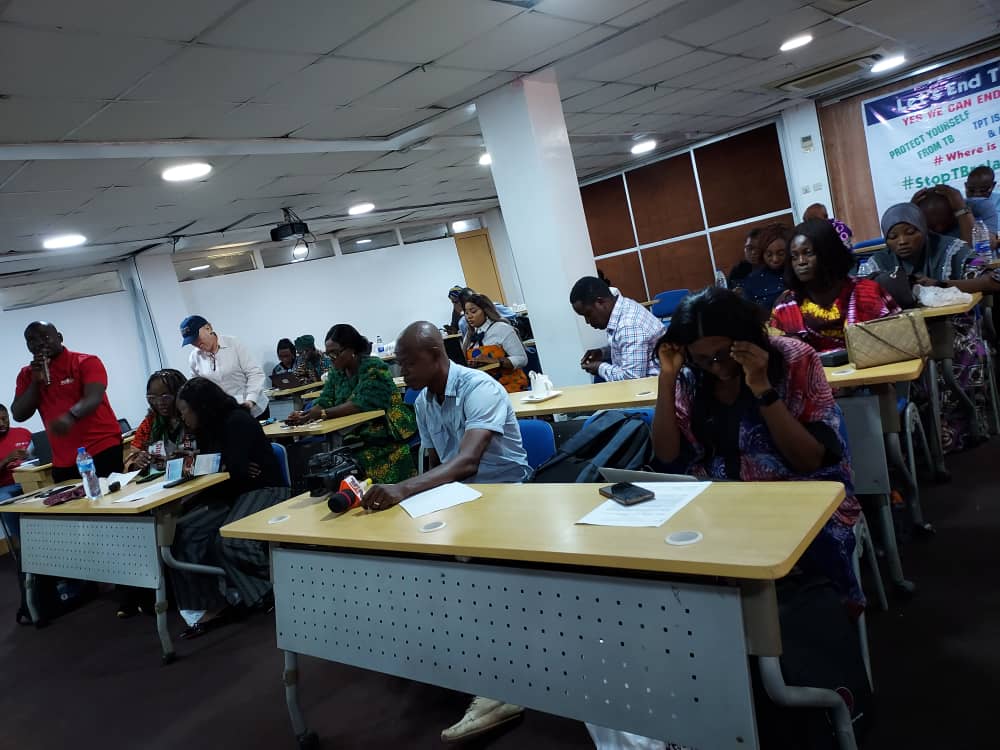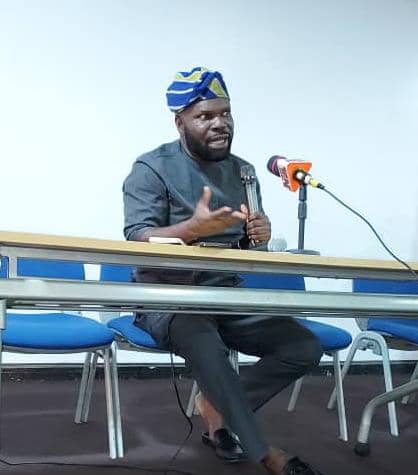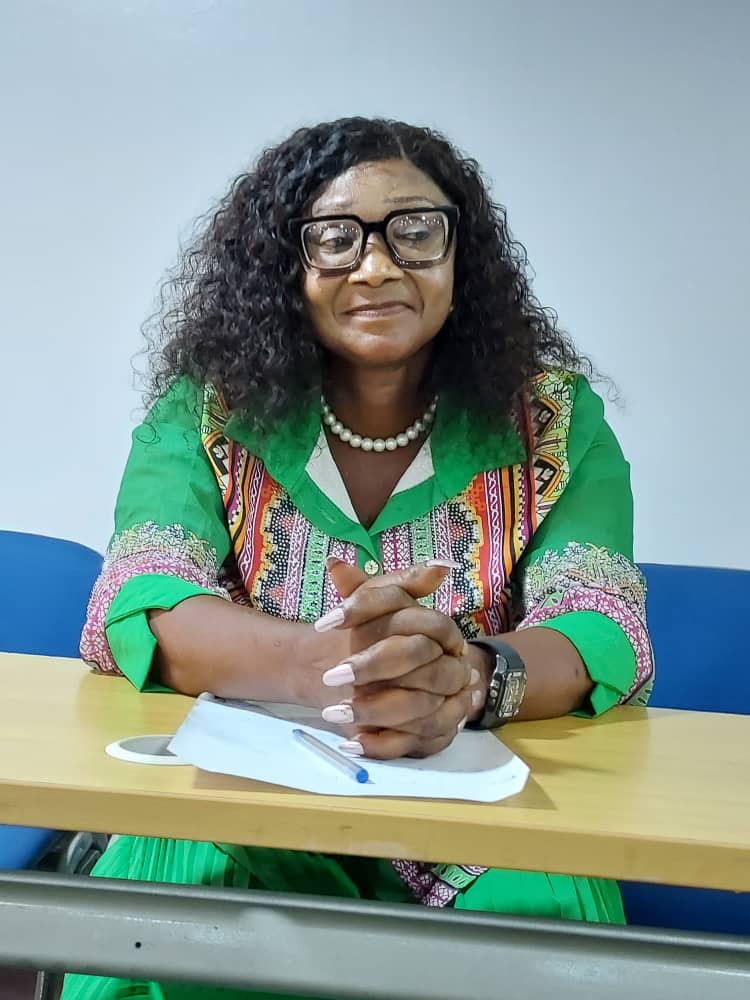By Bunmi Yekini

Tuberculosis (TB) remains one of the world’s deadliest infectious diseases. According to the World Health Organization (WHO), an estimated 10.8 million people fell ill with TB in 2023, and approximately 1.25 million lives were lost to the disease. While global efforts have led to some progress, TB prevention remains a major challenge, particularly in high-burden countries like Nigeria.
In Lagos State, the fight against TB is gaining momentum, especially in the area of Tuberculosis Preventive Treatment (TPT). TPT is designed to prevent latent TB infections from progressing to active disease, particularly among high-risk groups such as people living with HIV and household contacts of TB patients. However, uptake remains low due to limited awareness, stigma, and accessibility challenges.
Global TPT Uptake: Progress and Challenges
In 2018, WHO set an ambitious target to provide TPT to 30 million people by 2022. However, this goal was not met, primarily due to insufficient coverage among household contacts of TB patients. While the target for people living with HIV was exceeded, millions of eligible individuals are still not receiving preventive treatment.
Preventing TB Before It Starts: How Lagos is Expanding Access to Life-Saving Treatment
WHO data shows that the number of people accessing TPT rose from 1 million in 2015 to 3.6 million in 2019. However, this progress was disrupted in 2020, with uptake dropping to 2.8 million, partly due to the impact of the COVID-19 pandemic on health services.
Lagos State’s Commitment to TPT

To address this gap, Lagos State has intensified its efforts to promote TPT. Journalists Against AIDS (JAAIDS) Nigeria, in collaboration with the AURUM Institute and UNITAID, is implementing the IMPAACT4TB Project Phase 2. Running from April 2024 to March 2025, the initiative focuses on increasing awareness and demand for short-course TPT in three local government areas: Ajeromi, Ifako-Ijaiye, and Ikorodu.
Dr. Olusola Sokoya, Deputy Director and State TB & Leprosy Control Programme Manager, emphasized the need for urgent action:
“In Lagos, we expected to identify about 50,000 TB cases last year, but only reached 19,000, which means our treatment coverage was just 38%. This leaves an alarming 31,000 missed cases. If we are serious about ending TB, we must improve case detection and ensure more people access preventive treatment.”
Community Engagement and Awareness
A major component of Lagos State’s TB prevention strategy is community engagement. The Office of the First Lady has established a Steering Committee to coordinate awareness and prevention efforts at the local government level. This includes:
Encouraging local government leaders to prioritize TB awareness campaigns.
Distributing informational materials at community events.
Deploying mobile TB vans to conduct screenings in markets, churches, and neighbourhoods.One of the key messages being promoted is that TB diagnosis and treatment are free at government health facilities. However, stigma and misinformation remain significant barriers.
The Role of TB Survivors in Advocacy

TB survivors in Lagos are playing a critical role in reducing stigma and encouraging treatment adherence. Ms. Oluseyi Kadiri, a TB survivor and Lagos coordinator for TB People, shared her perspective:
“Many people struggle with taking their medication due to fear, side effects, or lack of information. TB survivors like myself provide peer support to ensure patients complete their treatment. We also track defaulters and encourage them to return to care.”
Technology is also being leveraged to improve TB awareness. The One Impact application allows individuals to self-assess for TB symptoms, locate nearby treatment centers, and report stigma or discrimination at health facilities.
The Path Forward
Despite global challenges in meeting TPT targets, Lagos State’s coordinated approach offers a promising model. By combining government leadership, community mobilization, and survivor advocacy, the state is working to ensure more people access preventive treatment.
With stronger investments, increased awareness, and improved access to TPT, Lagos has the potential to significantly reduce TB transmission and move closer to WHO’s goal of ending TB by 2030.
